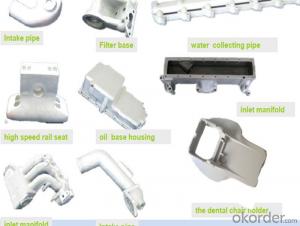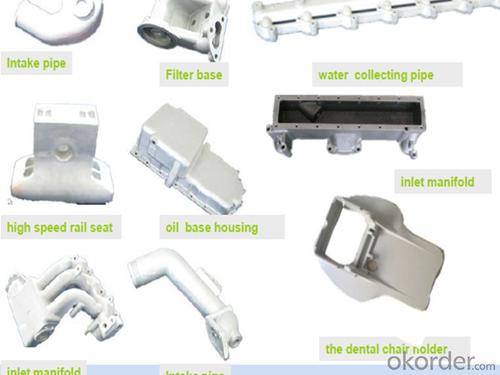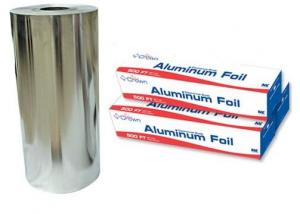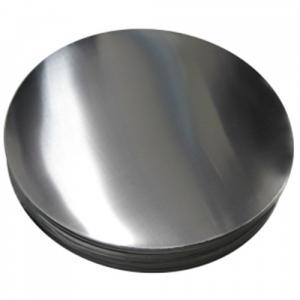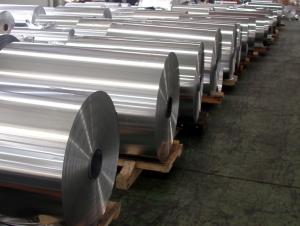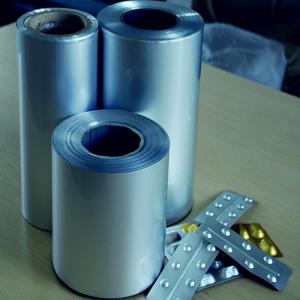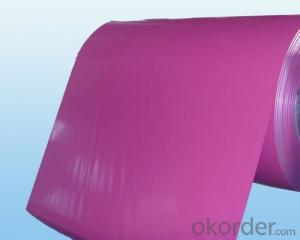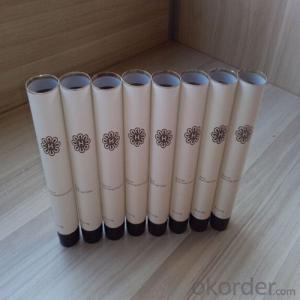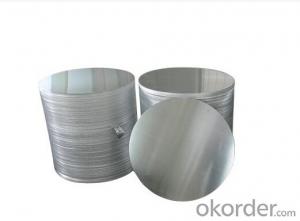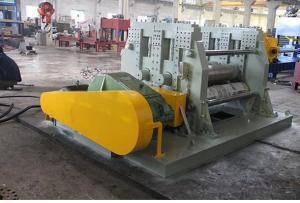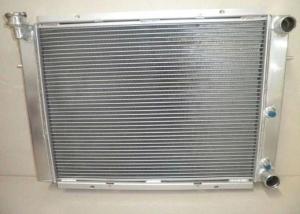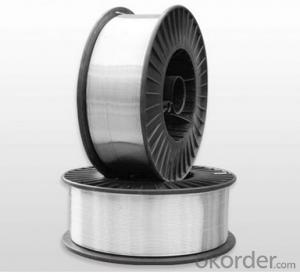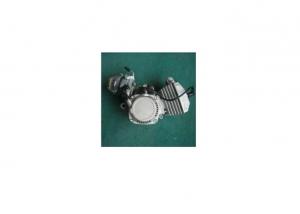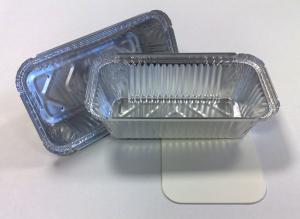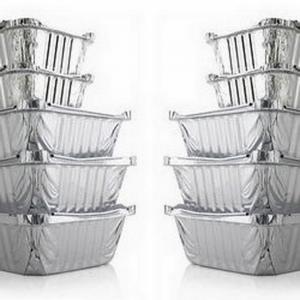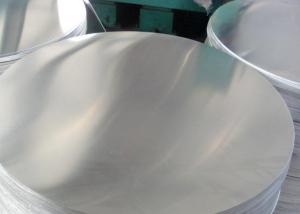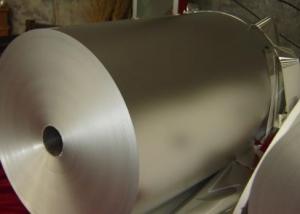High-Quality Aluminum Motor Base with Competitive Price
- Loading Port:
- Tianjin
- Payment Terms:
- TT OR LC
- Min Order Qty:
- 10 set
- Supply Capability:
- 10000 set/month
OKorder Service Pledge
OKorder Financial Service
You Might Also Like
1. Specifications
.Die cast part
.Material: aluminum or zinc alloy
.OEM service provide
2. GENERAL INFORMATION:
. Main Material: Aluminum alloy/zinc alloy/
. Process: Die casting, Deburring, Drilling holes, Tapping, CNC Machining and Assembly.
. Surface treatment: Sandblasting, Tumbling, Powder coating, Wet painting, Chromating(chemical film) and Polishing.
. Tooling ability: Average tooling lead time is 40days.
. We can produce according to customer's drawing in Pro/E, solidworks, and AUTOCAD.
. Products range: Mechanical parts, Furniture accessories, Lighting components, Automobile parts, Electronic equipment housing and accessories, etc.
3. Our sevice:
.Tooling design
.Tooling fabrication
.Die casting
.Precision machining
.Differen finish: plating, painting,coating, chrome plating, nickel plating,e-coating,etc.
.Assembling
4. Our advantage
.Professional technical support
.Quickly response
.Rich experience in quality control
5. Product Character:
.Customized Tool Design Drawings are Available;
.Molds are carefully machined to the closest tolerance using the latest equipment;
.The prototype should be created if the customer require;
.We offer secondary processing such as oil spraying, screen printing, assembly ect.
.Traceability is maintained from all inspection gages
.Mold repair and maintenance are also supported internally.
6.Pictures
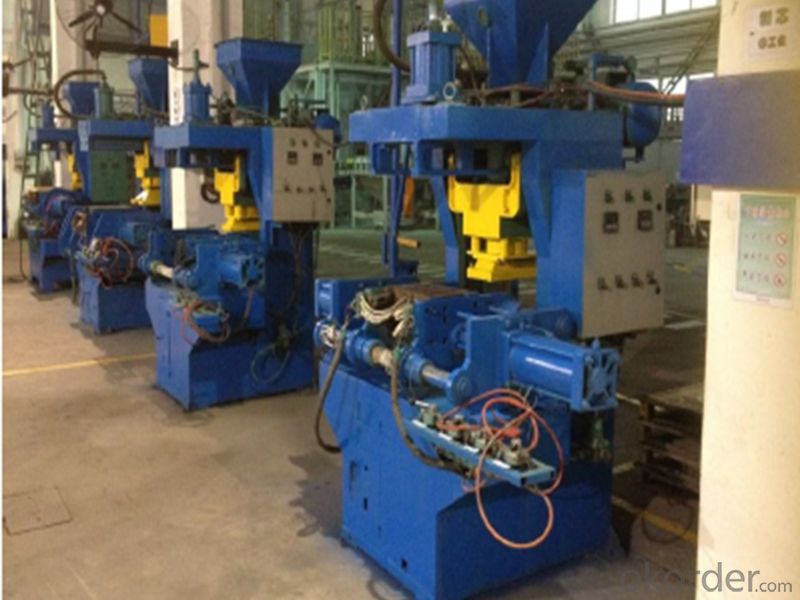
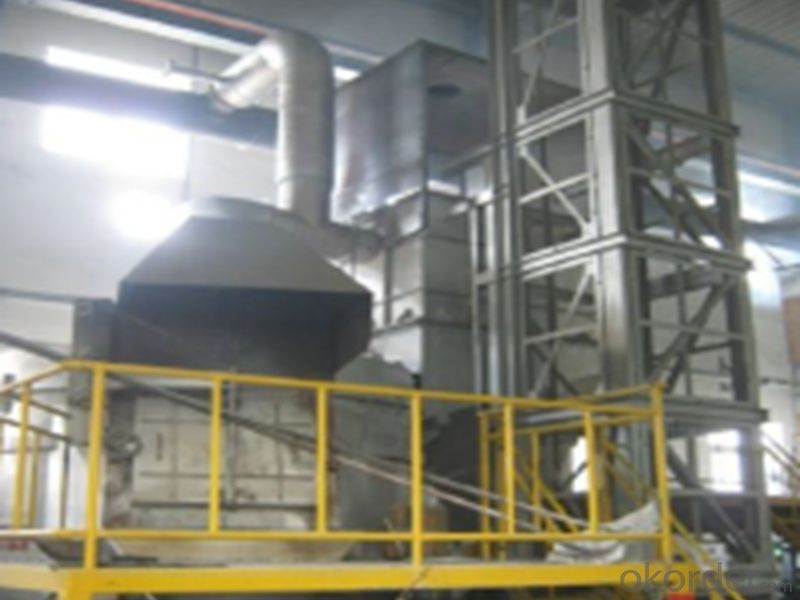
6.FAQ
We have organized several common questions for our clients,may help you sincerely:
①How about your company?
A world class manufacturer & supplier of castings forging in carbon steel and alloy steel,is one of the large-scale professional investment casting production bases in China,consisting of both casting foundry forging and machining factory. Annually more than 8000 tons Precision casting and forging parts are exported to markets in Europe,America and Japan. OEM casting and forging service available according to customer’s requirement.
②How to guarantee the quality of the products?
We have established the international advanced quality management system,every link from raw material to final product we have strict quality test;
- Q: This question asks about the methods used to measure the purity of aluminum.
- <p>The purity of aluminum can be determined through various analytical techniques. One common method is spectroscopic analysis, which includes techniques like atomic absorption spectroscopy (AAS) and inductively coupled plasma mass spectrometry (ICP-MS). These methods can detect trace elements in aluminum, providing a measure of its purity. Another method is gravimetric analysis, where impurities are chemically separated and weighed to determine their concentration. X-ray fluorescence (XRF) is also used for non-destructive testing of aluminum purity. Each method has its advantages and limitations, and the choice depends on the required level of accuracy and the specific impurities of interest.</p>
- Q: Explain how aluminum influences the propagation of sound waves.
- <p>Aluminum has a high density and stiffness, which makes it an effective conductor of sound. When sound waves hit an aluminum surface, the vibrations are quickly transmitted through the material due to its low internal damping. This results in a clear and efficient transfer of sound energy. However, aluminum's high reflectivity can also lead to a significant amount of sound being reflected rather than absorbed, which can affect the acoustics in a space, potentially causing echoes or reducing sound absorption. Additionally, aluminum's conductivity can lead to a faster decay of sound within the material, impacting the duration and quality of sound transmission.</p>
- Q: This question asks about the environmental impact of aluminum foil, including its production, usage, and disposal.
- <p>Aluminum foil has a significant environmental impact. Its production requires large amounts of energy, contributing to greenhouse gas emissions. The mining of bauxite, the primary source of aluminum, can lead to deforestation and habitat destruction. Additionally, improper disposal of aluminum foil contributes to littering and can end up in landfills, where it takes centuries to decompose. However, aluminum is also highly recyclable, and recycling reduces energy consumption and emissions. Efforts to reduce aluminum foil usage and increase recycling are crucial for mitigating its environmental impact.</p>
- Q: This question asks about the amount of energy needed to produce aluminum.
- <p>The energy required for the production of aluminum is substantial. Producing one ton of aluminum typically requires around 15-25 kilowatt-hours of electricity, largely due to the process of electrolysis, which is used to extract aluminum from its ore, bauxite. This high energy consumption is a significant factor in aluminum production costs and environmental impact. The energy required can vary based on the efficiency of the smelting process and the source of electricity used.</p>
- Q: Is it possible to utilize recycled aluminum in the construction of buildings?
- <p>Yes, recycled aluminum can be used for building materials. It is commonly used in various construction applications due to its strength, durability, and lightweight properties. Recycled aluminum is not only environmentally friendly but also cost-effective compared to newly mined aluminum. It is used in the production of aluminum windows, doors, roofing materials, and structural components. Additionally, its recyclability reduces waste and conserves natural resources.</p>
- Q: Is it possible to utilize aluminum in the manufacturing of medical devices like stents or implants?
- <p>Aluminum is not typically used in medical devices such as stents or implants due to its potential toxicity and lack of biocompatibility. Medical-grade materials like stainless steel, titanium, and various biocompatible polymers are preferred for their strength, durability, and ability to be safely integrated with human tissues. Aluminum can cause adverse reactions in the body, and its use in medical devices is generally avoided to prevent such complications.</p>
- Q: This question asks for examples of industrial processes that incorporate the use of aluminum.
- <p>Aluminum is widely used in various industrial processes due to its lightweight, corrosion resistance, and high strength-to-weight ratio. Some key industrial processes that utilize aluminum include the automotive industry for manufacturing car parts, the aerospace industry for aircraft construction, the construction industry for building materials, the packaging industry for food and beverage cans, and the electronics industry for components in devices. Aluminum is also used in the manufacturing of machinery, electrical equipment, and transportation equipment. Its versatility makes it a crucial material in many industrial applications.</p>
- Q: Is it dangerous to consume food wrapped in aluminum foil due to the risk of aluminum poisoning?
- <p>There is minimal risk of aluminum poisoning from eating food wrapped in aluminum foil. Aluminum foil is designed to be food-safe and does not easily transfer aluminum to food under normal cooking conditions. However, at extremely high temperatures or when foil is used to cook acidic foods, there might be a slight increase in aluminum exposure. The body naturally excretes excess aluminum, and the small amounts typically ingested from food packaging are not considered harmful. Nonetheless, it's always a good idea to follow proper food handling and cooking practices to minimize any potential risks.</p>
- Q: This question asks for examples of how recycled aluminum can be utilized.
- <p>Recycled aluminum has numerous applications, including the manufacturing of beverage cans, automotive parts, construction materials, and electronic components. It is also used in the production of aluminum foil, packaging materials, and various household items. Recycled aluminum is valued for its durability, lightweight properties, and energy efficiency in production, making it an environmentally friendly choice for many industries.</p>
- Q: This question asks about the impact of aluminum on the aging process in living organisms.
- <p>Aluminum's effect on the aging process is a subject of ongoing research and debate. Some studies suggest that aluminum can accumulate in the body over time, potentially contributing to age-related diseases such as Alzheimer's. It is hypothesized that aluminum may interfere with cellular function, disrupt enzyme activity, and cause oxidative stress, which are all factors associated with aging. However, the exact mechanisms and the extent of aluminum's role in aging are not fully understood. It's important to note that the human body naturally has mechanisms to excrete aluminum, and the contribution of aluminum to aging is not conclusively proven. More research is needed to establish a clear link between aluminum exposure and the aging process.</p>
Send your message to us
High-Quality Aluminum Motor Base with Competitive Price
- Loading Port:
- Tianjin
- Payment Terms:
- TT OR LC
- Min Order Qty:
- 10 set
- Supply Capability:
- 10000 set/month
OKorder Service Pledge
OKorder Financial Service
Similar products
Hot products
Hot Searches
